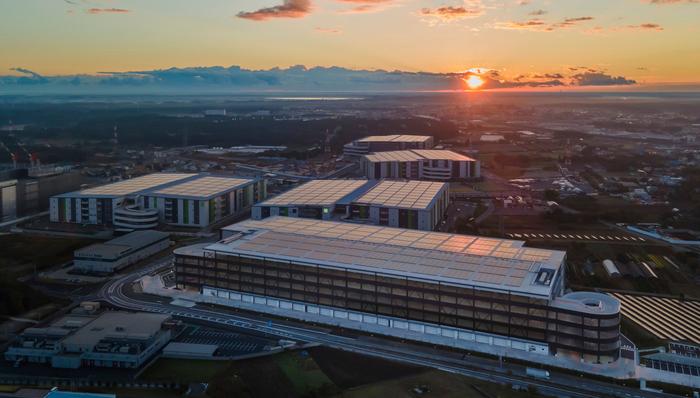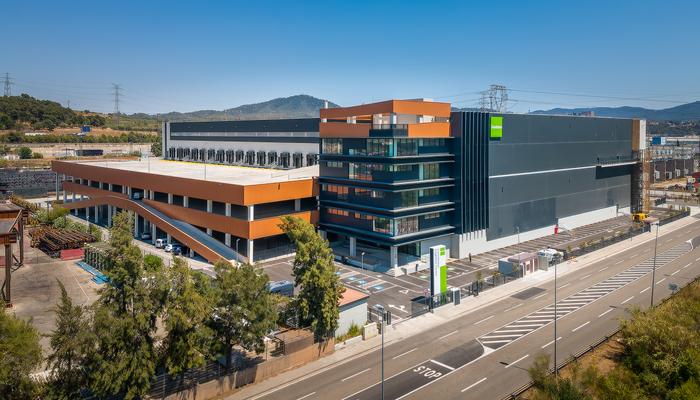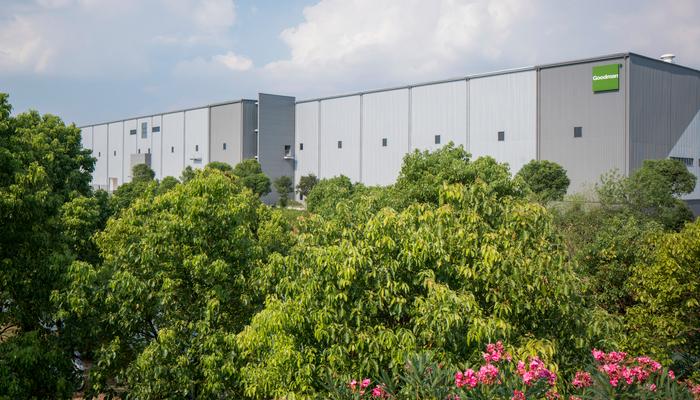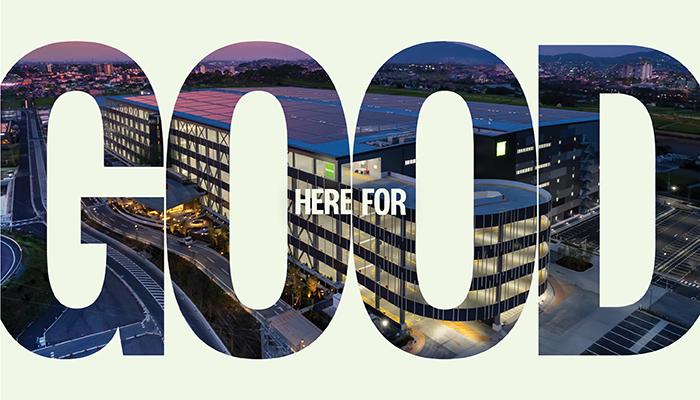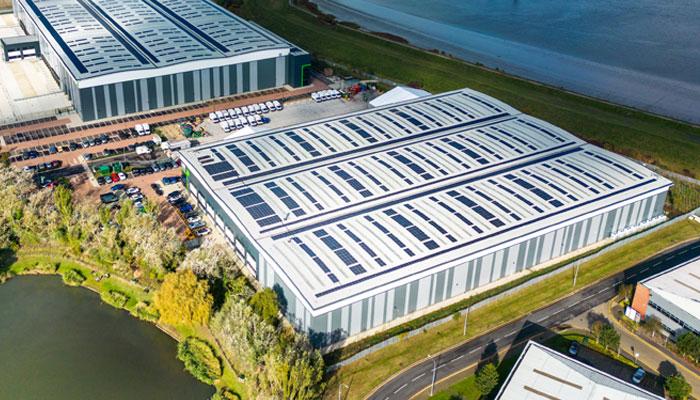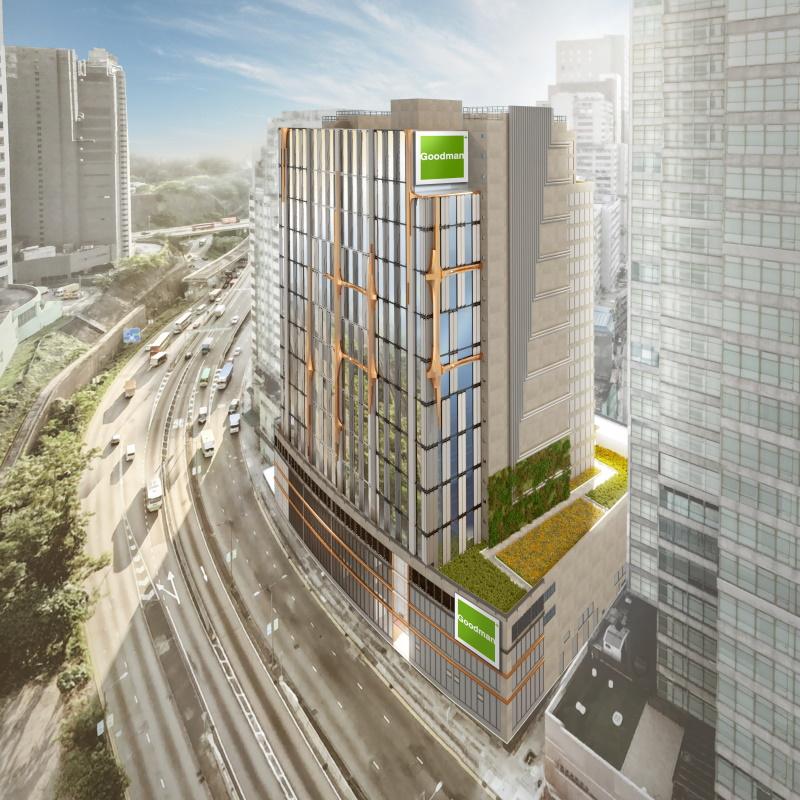Our properties
Property overview
If you have great ambitions, our sustainable properties can help fulfil them.
Global property portfolio
Explore the location and quality of Goodman's global property portfolio.
Property development
Strategically located and sustainably designed properties.
Properties for lease
Search for available warehouse space for lease or development.
Featured global developments
Investor Centre
GMG Investor Centre homeReports and announcements
- Announcements and media
- Annual reports
- Presentations and webcasts
- Events calendar
Investor information and financials
- Distributions and tax
- Securityholder information
- Investor FAQs
- Glossary
- Investor contacts
- Sustainable finance
- Security price information
Goodman Property Trust (NZ)
- GMT Investor Centre
Investment Management
OverviewAsia Pacific
- Goodman Australia Development Partnership (GADP)
- Goodman Australia Industrial Partnership (GAIP)
- Goodman Australia Partnership (GAP)
- KWASA-Goodman Industrial Partnership I (KGIP)
- KWASA-Goodman Industrial Partnership II (KGIP)
- Goodman Property Trust (GMT)
- Goodman China Logistics Partnership (GCLP)
- Goodman Hong Kong Logistics Partnership (GHKLP)
- Goodman Japan Core Partnership (GJCP)
Sustainability
Overview
Learn about our 2030 Sustainability Strategy and ESG targets.
Reports
View our annual sustainability reports.
Goodman Foundation
Committed to addressing disadvantage and making a tangible difference.
Sustainability case studies
Read our global sustainability case studies.
Featured case studies
Our customers
Our customers and industriesLogistics
Logistics space for supply and demand.
Automotive
Logistics space for driving distribution.
Consumer
Logistics space for consumer demand.
Life sciences and healthcare
Logistics space for a healthy future.
Featured Customer Stories
About Goodman
$79.0bn
1,700+
14
Latest news
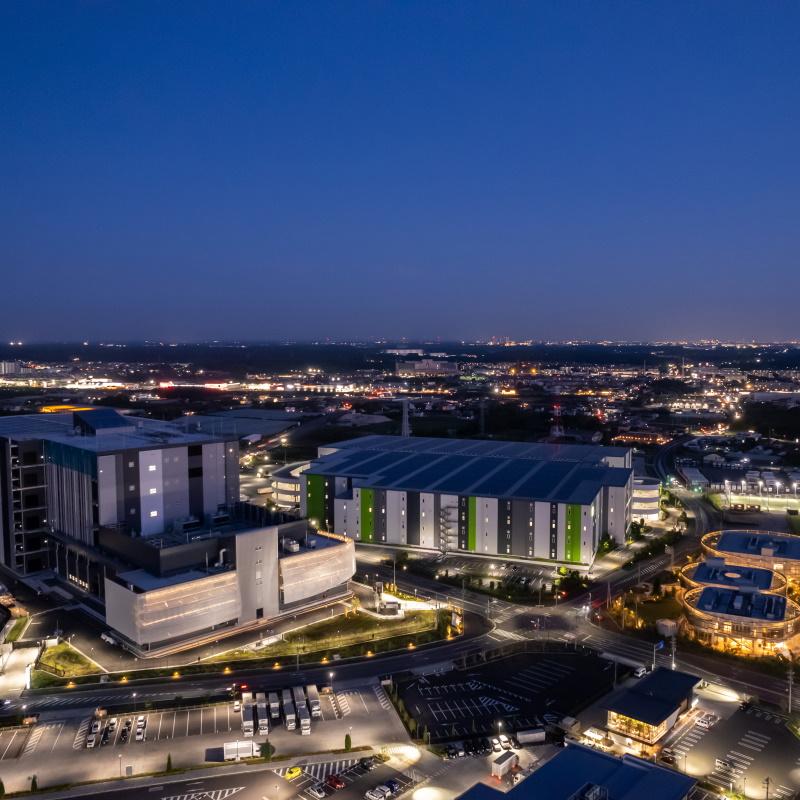
Goodman Group upgrades FY24 operating EPS growth guidance
Goodman Group has delivered a strong operational result in the first half of FY24.
